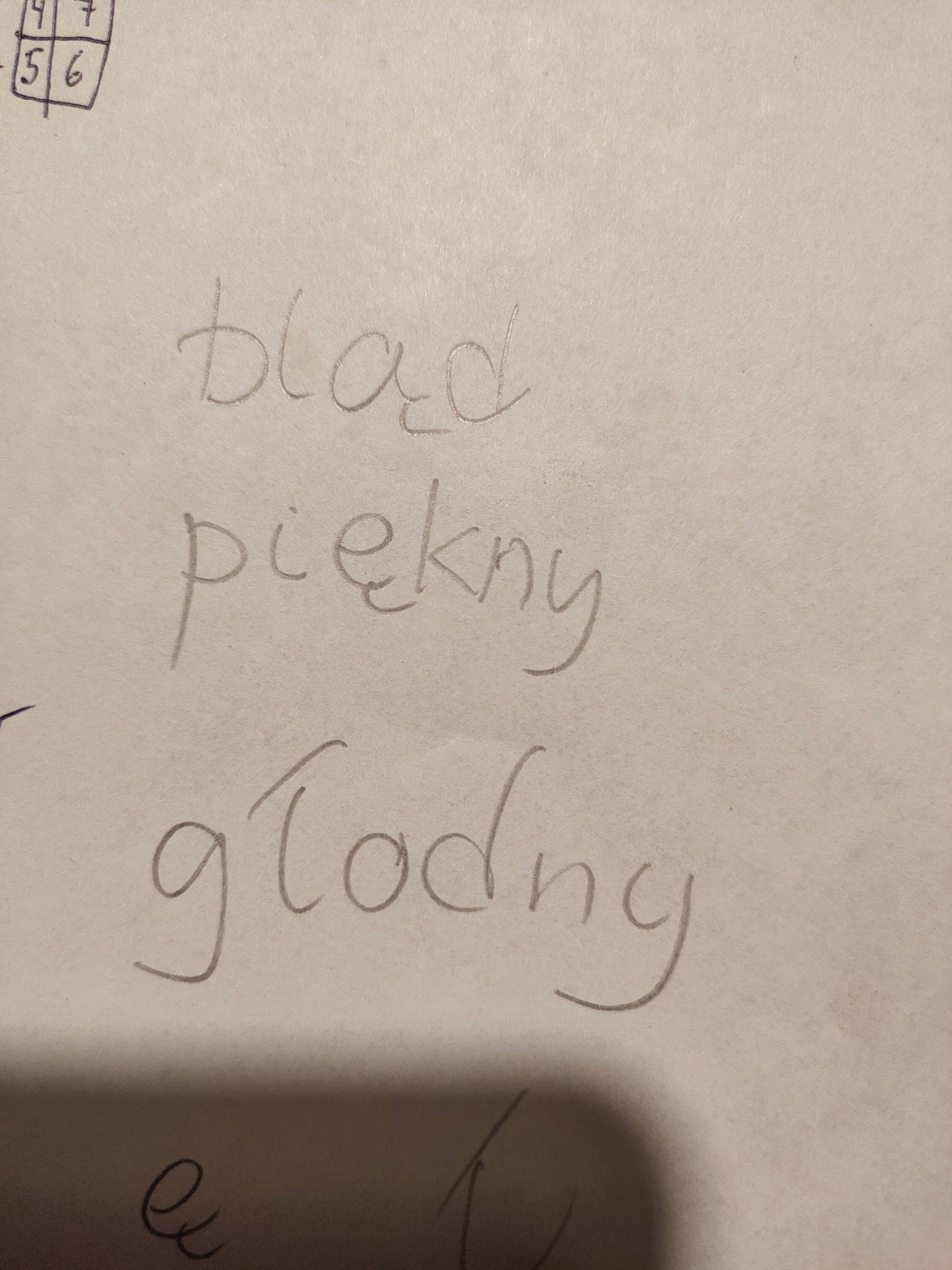🌺 Cat Pöñíçkøvā
pony@blovice.bahnhof.cz🌺 Cat Pöñíçkøvā
pony@blovice.bahnhof.czWolf480pl
wolf480pl@mstdn.io
Piggo 
piggo@piggo.space
🌺 Cat Pöñíçkøvā
pony@blovice.bahnhof.cz🌺 Cat Pöñíçkøvā
pony@blovice.bahnhof.cz
Piggo 
piggo@piggo.space
🌺 Cat Pöñíçkøvā
pony@blovice.bahnhof.cz
Oleksandr Natalenko, MSE 
oleksandr@natalenko.name
@pony accurate cz-like diacritics is still far better than trying to adopt english orthography for a slavic language (official ukrainian transliteration, i'm looking at you)
Piggo 
piggo@piggo.space
Oleksandr Natalenko, MSE 
oleksandr@natalenko.name
@piggo @pony I've got my own one https://codeberg.org/post-factum/xkb-cfg/src/branch/ula-2.41/symbols/ua#L296
AUSTRALOPITHECUS 🇺🇦🇨🇿
lkundrak@metalhead.club@piggo @oleksandr @pony with ě, the ˇ is on the wrong letter
🌺 Cat Pöñíçkøvā
pony@blovice.bahnhof.cz🌺 Cat Pöñíçkøvā
pony@blovice.bahnhof.czPavel Machek
pavelAUSTRALOPITHECUS 🇺🇦🇨🇿
lkundrak@metalhead.club@pony @oleksandr @piggo ohh i didn't actually realize. i was thinking more like, "tchýně" where it obvioulsly should've been "tchýňe"
but that of course makes things even more embarassing
Piggo 
piggo@piggo.space
AUSTRALOPITHECUS 🇺🇦🇨🇿
lkundrak@metalhead.club@pony @oleksandr @piggo uh oh i think that needs a ˆ
Piggo 
piggo@piggo.space
its just another anal rule
also cf. trojúhelník
David Jaša
djasa@cztwitter.czFWIW ů is actually condensed obsolete "uo" diphthong that collapsed either into long "u" sound or back to the very original* "o". An example:
Vůl - vole
* "uo" developed from "o", compare Czech suffix -ův with Slovak -ov
David Jaša
djasa@cztwitter.cz@lkundrak , we developed your ô into ů: vôňa ~ vůně
David Jaša
djasa@cztwitter.cz@lkundrak @pony @oleksandr @piggo
Well it's a bit more universal thing, romance languages have the same inconsistency stemming from the same cause after c and g.
David Jaša
djasa@cztwitter.czWell the ability to distinguish homophones in writing is not bad at all, such as famous "nech je b[íý]t" or say "nechal si zaplatit k[ůú]ru".
Some funny German examples are here in this thread: https://cztwitter.cz/@djasa/112518850378986968 😅
@lkundrak @pony @oleksandr @piggo in fact it's "tchyně", without ý


